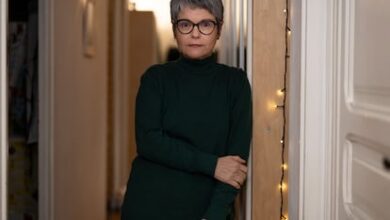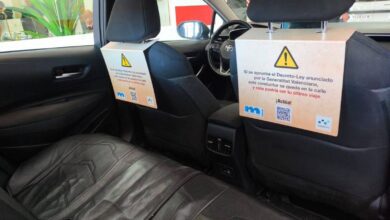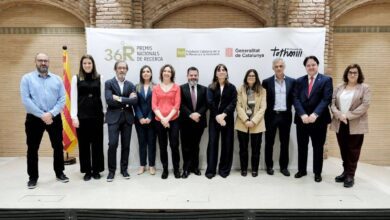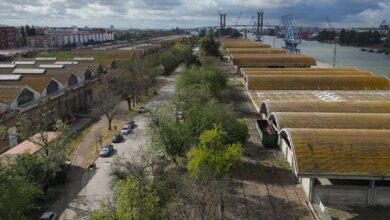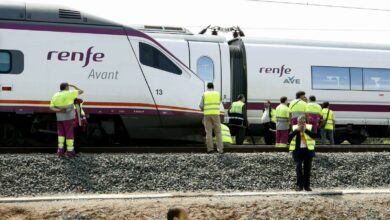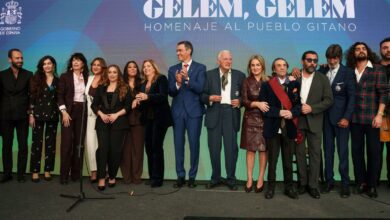
The 7th Congress of Journalists of Catalonia has wrapped up in Barcelona, marking a significant event for the region’s media industry. After two days of discussions and debates, the professional community has adopted an updated code of ethics that reflects current challenges and trends in the information sphere. The overwhelming majority of participants voted in favor of the document, highlighting a strong consensus within the profession.
The new version of the code is a response to a rapidly changing world, where journalism faces unprecedented challenges. The document now includes dedicated sections on reporting topics such as suicides, climate change, the use of artificial intelligence, image handling, and the prevention of plagiarism. Special attention is given to issues of diversity and the responsible coverage of military conflicts.
Organizers of the congress noted that the revision process took several months and involved not only journalists but also representatives from universities, civil society organizations, and expert groups. This inclusive approach helped ensure a wide range of perspectives were considered, making the code as relevant as possible for today’s realities.
An important part of the reform consists of new annexes to the main text, designed to help adapt professional standards to the rapidly changing information environment. These annexes include recommendations on combating disinformation, countering hate speech, and addressing the impact of technology on media work. This is especially relevant amid the rise of fake news and manipulation in the digital sphere.
The professional community and society: new guidelines
The updated code is intended not only to regulate journalists’ activities, but also to strengthen trust between the media and the public. The document emphasizes the importance of transparency, integrity, and respect for diverse views. For the citizens of Catalonia, it serves as a guarantee that information coming from the media will meet high standards of quality and ethics.
The congress brought together more than 800 accredited participants, including both seasoned professionals and young specialists. The event featured dozens of discussions and masterclasses focused on sustainable media development, covering conflict reporting, and integrating new technologies into journalistic practice. Of particular interest were debates on the role of artificial intelligence in news creation and how it is transforming traditional approaches to managing information.
The adopted code will serve as a key guideline for everyone working in the information sector in Catalonia. It sets out journalists’ obligations to society and emphasizes their responsibility in shaping an objective and accurate view of the world. At a time when trust in the media is being tested worldwide, such measures take on particular importance.

